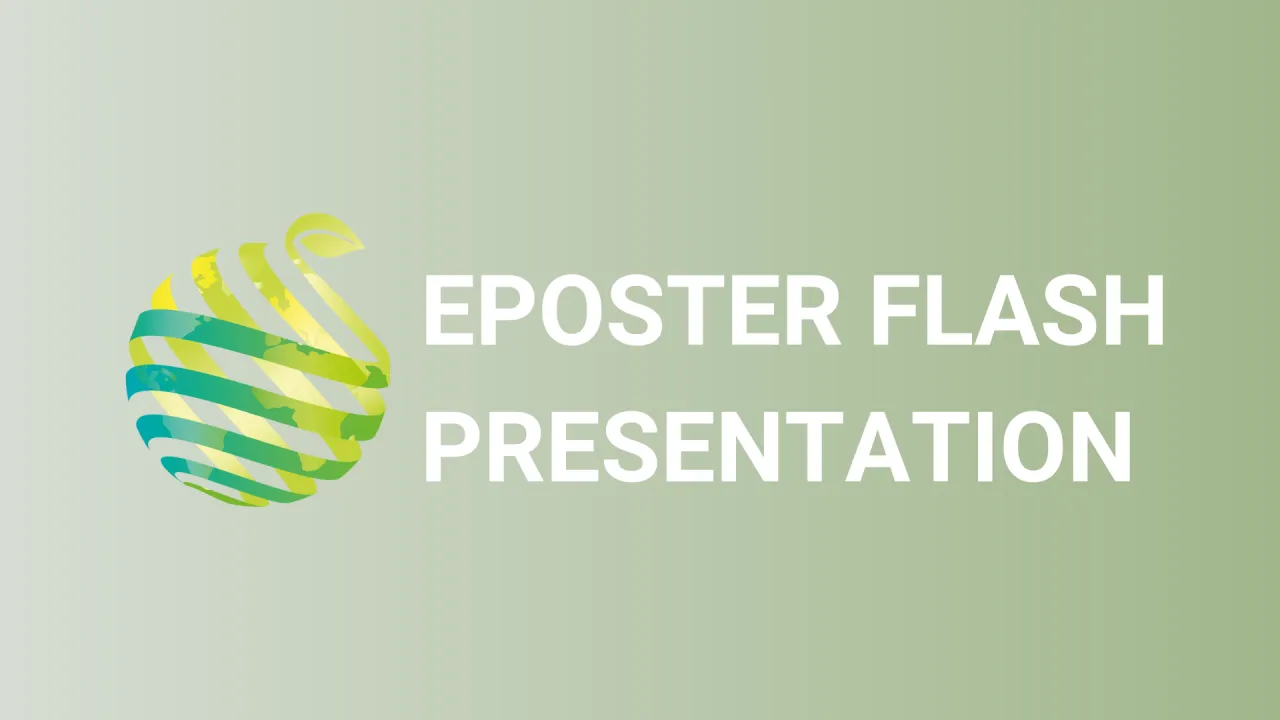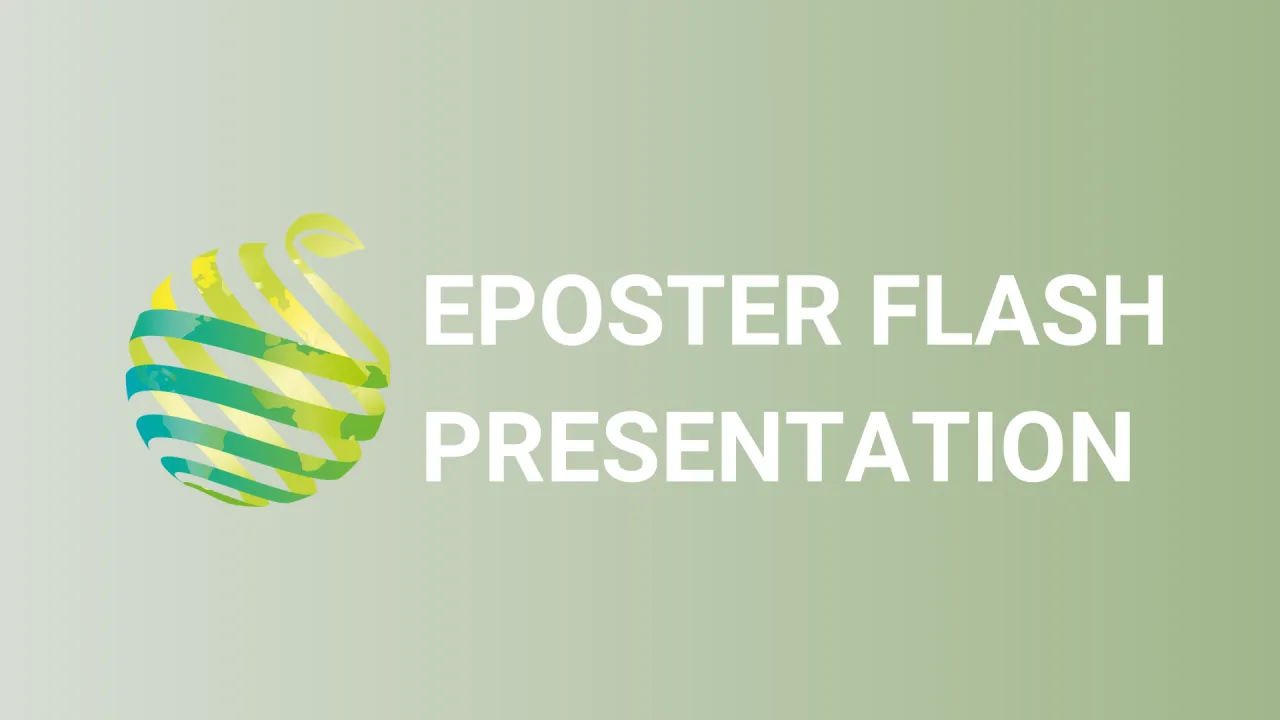

S06 - Session P3 - Use of biostimulants to control damages by high temperatures on the growth and flowering of potted cyclamen
Information
Authors: Maria Eva Giorgioni *, Filippo Ghirardi
Cyclamen is one of the most important flowering pot plants blooming during the autumn and winter time, characterized by a low temperatures demand, especially from the beginning of flower differentiation. An average daily temperature (ADT) exceeding 25 °C implies risks of heat stress and can heavily affect the quality of the crop, with differences according to the cultivar. The impact on production is especially evident in plants grown in small pots, more susceptible to increased transpiration requirement and root weakening. Excessive temperatures can lead to the reduction of the flower number, flowers at the level of the leaves, production of a supplementary leaf crown and faded flower colour. In the Mediterranean areas, temperatures inside greenhouses frequently exceed the optimal range during the summer, especially as a result of the temperatures rise in recent years. In order to improve high temperature tolerance and/or flowering quality of Cyclamen persicum F1 Success Rose Bonbon® plants, five organic biostimulants (Algavis®, a SWE from A. nodosum ; Azobios®, a PH from animal epithelium; Record®, a mix of plant PH and SWE; Kappabios®, a PH from beet vinasse and 66f®a plant growth regulator, based on NAA and plant extracts), were weekly used as foliar application, during the hot season, from 6-7 leaf to marketable stage. The ADT exceeded the limit of 25°C for more than 40 days during the 2-month growing period. Kappabios® negatively influenced number of flower (-26.3%) and leaves (-16.8%) compared to the control, fertilized with the equivalent N and K amounts. Azobios® caused a dry weight loss (-10.6%) also compared to the tap-water-control showing a hypothetical phytotoxic effect. Algavis® e 66f® induced no significant effect on the plant growth.